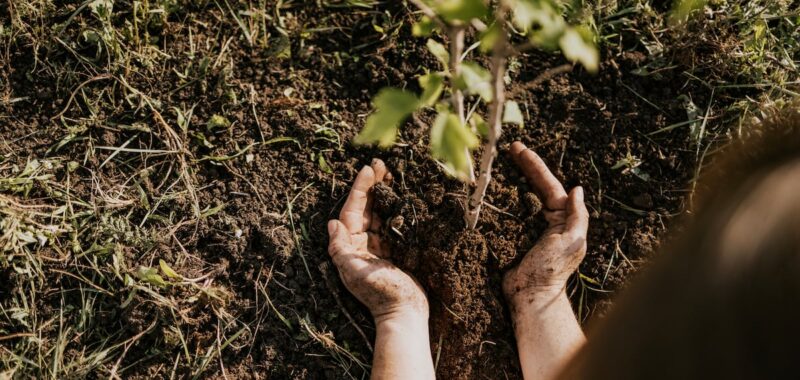
Men’s grooming brand Every Man Jack has released its 2024 Impact Report, detailing the company’s latest packaging innovations, ingredient sourcing commitments, and emissions reduction strategies.
We spoke to Ellie Off, Vice President of Marketing at Every Man Jack for her insights into the report’s key takeaways and what lies ahead for the eco-focused personal care brand.
Sustainable packaging milestones
Among its achievements, Every Man Jack emphasized its redesigned deodorant packaging as a key milestone. “Deodorant is one of the biggest contributors to plastic waste in personal care, and as a leader in the category, we knew we had a responsibility to do better,” said Off.
She explained that the brand spent two years developing the updated format, which now features a 100% recyclable design made with 50% post-consumer recycled (PCR) content. The redesign “eliminates over 500,000 pounds of virgin plastic every year,” and is “a smarter, more sustainable flask that feels better, performs better, and reflects our ongoing commitment to reducing our footprint at scale,” she shared.
The company’s broader packaging sustainability strategy includes a goal to reach 50% PCR by weight across its entire product portfolio by 2025. “With our new deodorant packaging, we now use 50% post-consumer recycled resin and have moved to a 100% recyclable polypropylene mono-material, significantly reducing contamination in recycling streams,” Off explained.
“These changes not only reduce our reliance on virgin plastics (by the impressive weight of one whole whale yearly),” she clarified, “but we’ve also received validation through our consumer testing that they provide a better experience too.”
Ingredient integrity as market differentiator
Ingredient sourcing is another pillar of differentiation for the brand. “From day one, we’ve built Every Man Jack around the principle that affordable and effective grooming products shouldn’t come at the expense of the environment,” Off said.
She noted that the company formulates its products with naturally derived and ethically sourced ingredients, free from parabens, phthalates, dyes, GMOs, and animal testing. “This commitment to better-for-you ingredients, combined with our accessibility, has helped us stand out in a crowded market, particularly as more consumers prioritize transparency, wellness, and sustainability in their daily routines.”
Emissions reduction through partnerships and materials
On the supply chain front, Every Man Jack is working to lower emissions through targeted initiatives and partnerships. “This year, we continued to work closely with partners like the National Forest Foundation to plant 25,000 trees, directly supporting carbon offset efforts,” Off said.
Additionally, the company has increased its use of Forest Stewardship Council (FSC)-certified paper from 25% to 50%, with plans to reach 100% by the end of 2025. “These initiatives are part of a larger strategy to reduce our environmental impact across every facet of our supply chain—from sourcing to packaging to distribution,” she added.
B Corp certification as accountability framework
The brand’s B Corp Certification is serving as a framework for accountability and process improvement and has “become a guiding framework that keeps us accountable to our values across the board,” Off said.
“Internally, it reinforces our commitment to ethical practices, employee engagement, and environmental performance,” she explained, while “externally, it enhances the trust we build with suppliers, retail partners, and consumers by providing third-party validation of our efforts.”
Though B Corp has recently undergone more intense scrutiny and some controversy with personal care brand Dr. Bronner’s departure from the certification following calls for reform, the certification still currently remains an industry standard in substantiating sustainable efforts.
Future roadmap focused on clean innovation
Looking ahead, Every Man Jack plans to continue evolving its sustainability and product innovation strategies. “We’re increasing the use of post-consumer recycled (PCR) content, improving recyclability across our packaging, and expanding our use of FSC-certified paper with a goal of reaching 100% in 2025, all while staying agile and informed on emerging sustainable technologies,” Off said.
She concluded that the company is committed to “enhancing transparency—most recently by issuing our first-ever impact report—and inviting our community to play a more active role in shaping our future through feedback and ongoing direct conversations.”

